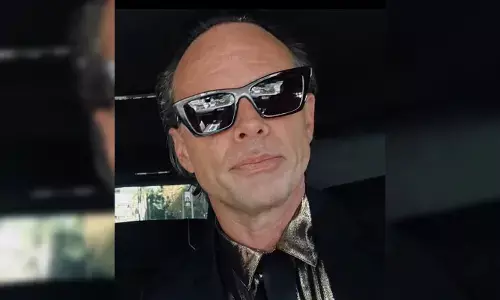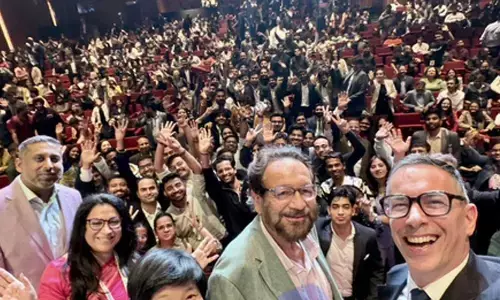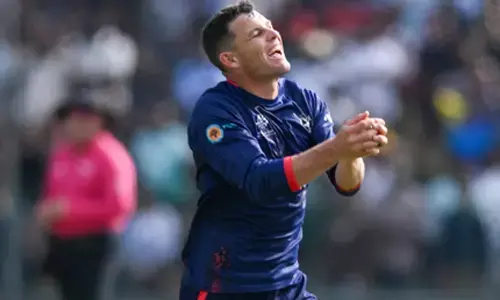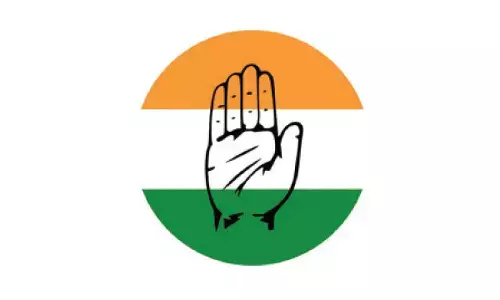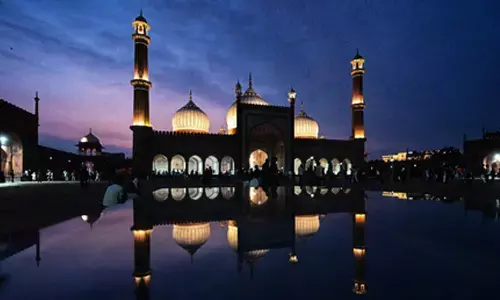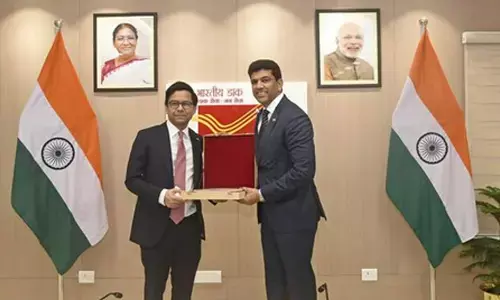Crime drama gone wrong
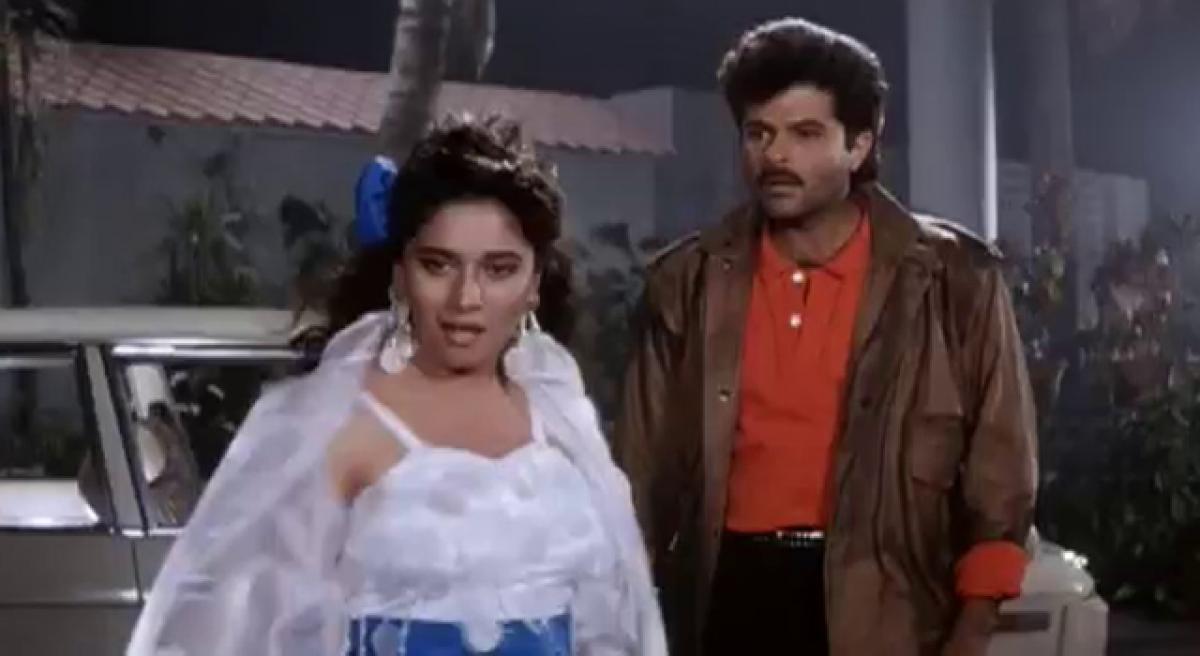
Largely remembered for being the filmmaker, who made the first major Amitabh Bachchan hit, ‘Zanjeer’ (1973), Prakash Mehra was rarely seen beyond the prism of what would be considered typical Hindi films of the 1970s and 1980s. Mehra’s role in creating the myth of the angry young man and his contribution to the stardom of Bachchan has overshadowed almost everything else that he had to offer.
Largely remembered for being the filmmaker, who made the first major Amitabh Bachchan hit, ‘Zanjeer’ (1973), Prakash Mehra was rarely seen beyond the prism of what would be considered typical Hindi films of the 1970s and 1980s. Mehra’s role in creating the myth of the angry young man and his contribution to the stardom of Bachchan has overshadowed almost everything else that he had to offer.
While on the face of it Mehra’s cinema might appear to be escapist, and although there is no denying that to a great extent his cinema is in fact, just that; scratch a little deeper and you’d see something unique. Mehra’s films had an uncanny knack to feature certain textures that were practically inroads to understanding his characters.
This can be seen in films right from the dacoit drama ‘Samadhi’ (1972), the urban buddy melodrama ‘Muqaddar Ka Sikandar’ (1978), ‘Lawaaris’ (1981) but the one where this trait truly stands is the urban crime drama ‘Zindagi Ek Juaa’ (1992). One of Mehra’s final films, ‘Zindagi Ek Juaa’ flopped at the box office but let that not dissuade you from visiting it for it’s one of the most intriguing tales of moral disintegration of characters that you’d ever get to see within the realm of popular Hindi films.
The film has an extremely wafer-thin storyline but because this is the kind of tale that was beaten to death through the 1980s. Hari Krishan (Anil Kapoor) comes to the big bad Bombay city and becomes Harry after saving his employer, JJ (Anupam Kher) from an assassin’s bullet. His boss JJ is in fact, a drug lord and makes Harry his right-hand man against enemies like Bhalla (Amrish Puri).
Harry wants to walk away from the world of crime but JJ kidnaps his mother and sister forcing Harry to continue. Harry tells his only friend Dholakia (Shakti Kapoor) that his mission now is to destroy JJ and things take a strange turn when JJ’s daughter Juhi (Madhuri Dixit) falls in love with him. They marry against JJ’s wishes and Harry joins Bhalla in order to pit the two against each other.
His plan would have worked out had CBI officer Bhatnagar (Suresh Oberoi) not told Juhi the truth about her father and husband. Differences crop up between Juhi and Harry and she doesn’t allow him to even touch his newborn son. Harry promises Juhi to mend his ways but Bhalla’s men attack Harry and once he escapes he surrenders to Bhatnagar.
The cop is interested in the big fish and charges Harry with possession of cocaine rather than murder, which comes as a betrayal to Juhi and she walks away forever. Her one-time suitor Lal (Sagar Saulanke) gets Juhi hooked on to cocaine and as Harry serves his prison sentence Juhi chooses to disintegrate little by little. When Harry comes out Juhi overdoses herself to death in front of her husband and their son.
Harry goes on a killing rampage starting with Lal and with the help of Dholakia pits JJ and Bhalla against each in the hope that he would walk away with his son but when Dholakia is killed in the crossfire Harry is left with no choice. Watching the bloodshed Harry hands over his son to Bhatnagar as he goes to jail with the promise that the little one should grow up far away from his father’s world.
The problem with ‘Zindagi Ek Juaa’ is that it operates on two levels - one where it wants to be a straight action flick and one where it imagines being more than that across the board and this is reflected in the narrative, the acting as well as the production design. The film packs in so much that every time you see a scene unfold you can’t help but feel that the actors minds are elsewhere.
The jump from one sequence to another, from mood to the other appears very functional and almost episodic that makes the characters seem independent and even oblivious of the film’s narrative. Written by Prakash Mehra, ‘Zindagi Ek Juaa’s screenplay was by Satish Bhatnagar, an old pro, who used to head the story department in Sippy Films at a time when Salim Khan and Javed Akhtar were still known.
The highlight of the film is, of course, Anil Kapoor, who plays a character that comes as naturally to him as ‘Tezaab’s Munna or ‘Mashaal’s Raja, or ‘Ram Lakhan’s Lakhan and ‘Karma’s Gyaneshwar Johnny but at the same time manages to interpret it differently. Kapoor has a knack for playing characters who could be immoral but display a strange sense of ethics and his Harry is one such character; Harry exists on two planes and can switch moods, which is something that Kapoor excels at but here he also gives his character a texture of being dead while being alive.
Harry has given up on everything the moment JJ entraps his morality and makes him commit crimes yet he walks among the living, smiling and singing but look into Kapoor’s eyes and you know that Harry is decaying. Similarly, the manner in which Madhuri Dixit’s Juhi signs her own death sentence when she spirals into addiction is also something that one rarely gets to see in popular Hindi cinema.
‘Zindagi Ek Juaa’ released at a time when the craze for Hong Kong action cinema was at its peak in India and ironically enough, this ode never got as much appreciation. Remakes like ‘Aatish’ (1994) or the heavily inspired ones such as ‘Saathi’ (1991) garnered more praise but ‘Zindagi Ek Juaa’, which to a great extent is a searing original with some brilliant set pieces such as the lift attack on Harry, where he wraps his belt around an attacker’s neck and hooks him to the fan, got ignored. Could it be the bleakness of the narrative that undid the film? Or was it way ahead of its times…?
Irrespective there is enough in ‘Zindagi Ek Juaa’ that makes it worth indulging in. This even includes a scene where JJ addresses someone, who questions Harry’s loyalty that seems like a great precursor to Quentin Tarantino’s ‘Kill Bill Vol: 1’ (2003) where O-Ren-Ishi (Lucy Liu) severs a crime lord’s head after he questions her authority.


